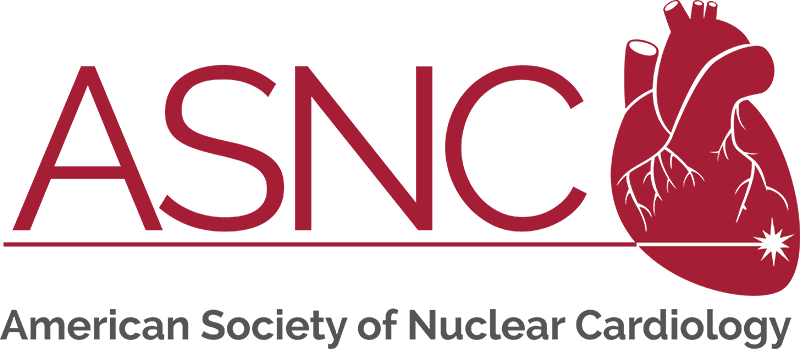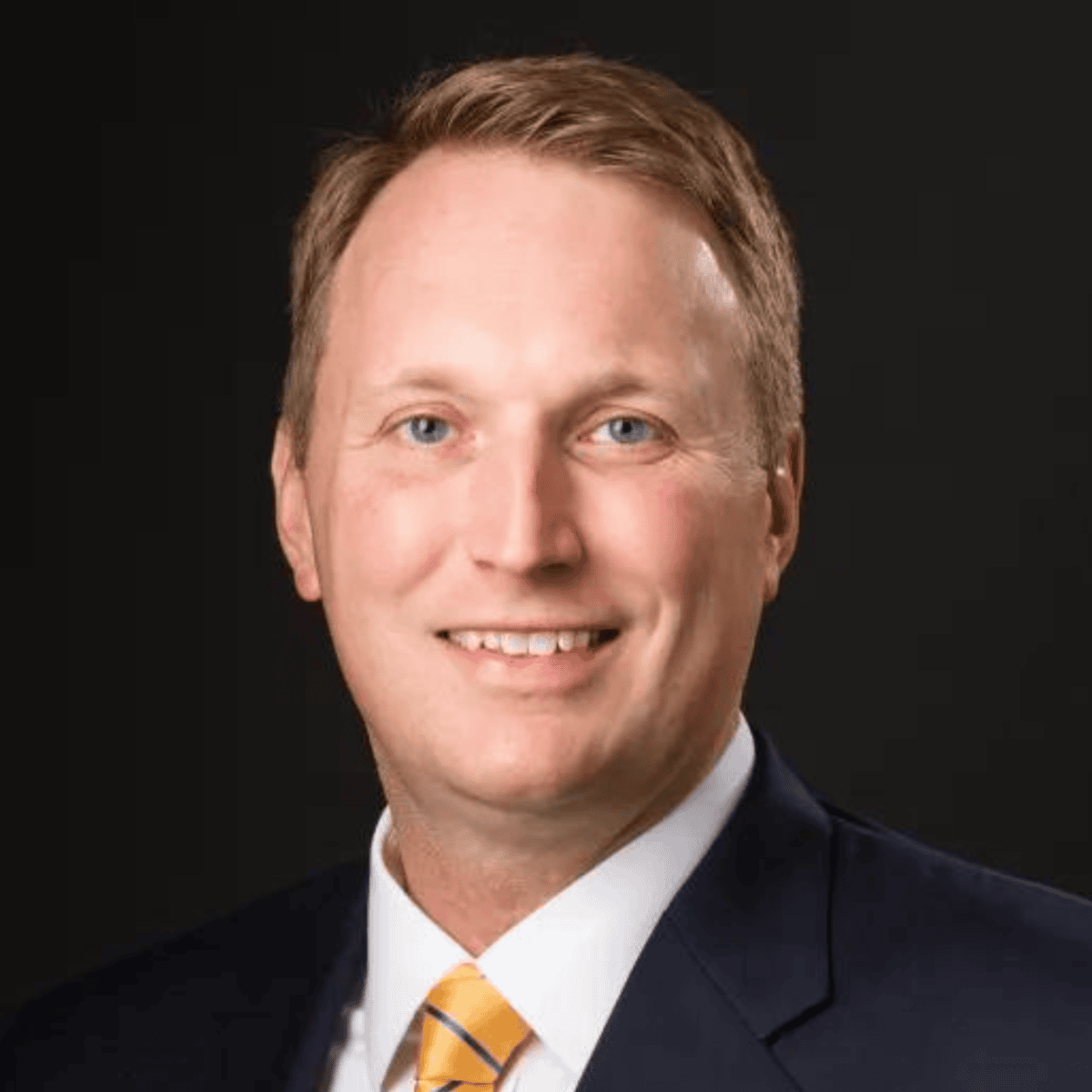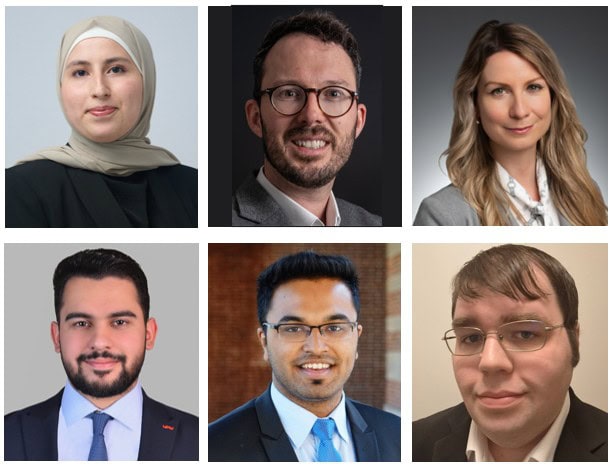Participants in ASNC’s Leadership Development Program (LDP) and Technologist Leadership Development Program (TLDP) joined members of the Society’s advocacy team for a conversation ranging from health policy basics to the evolution of physician payment reform and how ASNC members can be successful advocates.
Moderated by LDP/TLDP Chair Saurabh Malhotra, MD, MPH, FASNC, the webinar featured presentations by Health Policy Committee Deputy Chair David Winchester, MD, FASNC; Director of Regulatory Affairs Georgia Lawrence, JD; and Camille Bonta, MHS, principal at Summit Health Care Consulting.
Pointers for Effective Advocacy
The ASNC team shared an overview of ASNC’s policy priorities, highlighting issues the Health Policy Committee is constantly monitoring and addressing. Ms. Lawrence walked the group through a radiopharmaceuticals reimbursement issue that illustrates why effective advocacy requires persevering over time and being in tune with numerous audiences, including –
- Elected officials and legislative staff, including Congress and state legislatures;
- Regulators, such as the Department of Health & Human Services, the Centers for Medicare & Medicaid Services (CMS), the Food and Drug Administration, the Nuclear Regulatory Commission, and state departments;
- Payers, including CMS;
- Other healthcare stakeholders, such as the American Medical Association; and
- Media.
How to Advocate for Your Patients and Your Profession: What Will You Do?
Dr. Winchester described the efforts that ASNC and other groups have invested almost every year for decades to halt or minimize physician pay cuts. Fresh from a visit to Capitol Hill where he pushed congressional staff to stop the 2.8 percent pay cut slated for Jan. 1, 2025, Dr. Winchester urged ASNC’s LDP and TLDP members to get involved in advocacy. “If we don’t get Congress to act, the cuts will happen automatically,” he warned.
Dr. Winchester, Ms. Bonta, and Ms. Lawrence explained the advocacy principles that ASNC follows as well as proven approaches to grassroots advocacy. “If constituents and stakeholders don’t make their voices heard on issues important to them, how can we expect policymakers to respond the way we want them to?” Ms. Bonta asked. She encouraged the group to start in their home districts, making connections and becoming recognized as experts that policymakers will trust on healthcare issues. “There are many ways you can advocate for your patients and your profession,” she said. “What will you do?”
Article Type
Updates
Category
Advocacy, Education, Membership, Trainee
Related Posts
Immediate Impact! ASNC Statement Driving Cardiac PET Adoption Across the United States
“ASNC’s Clinical Indications for PET statement got the attention of our hospital…
ASNC, EANM Announce Competitors for ICNC2026 Young Investigator Awards
At ICNC2026, the International Conference on Nuclear Cardiology, the following early-career investigators…
This Legislation Would Halt Pay Cut Now Impacting Most Physician Services
“The 2.5% reduction to work RVUs – the so-called ‘efficiency adjustment’ –…




